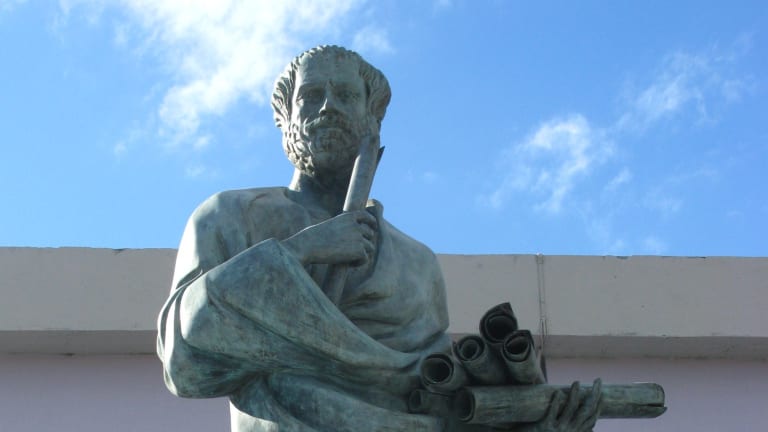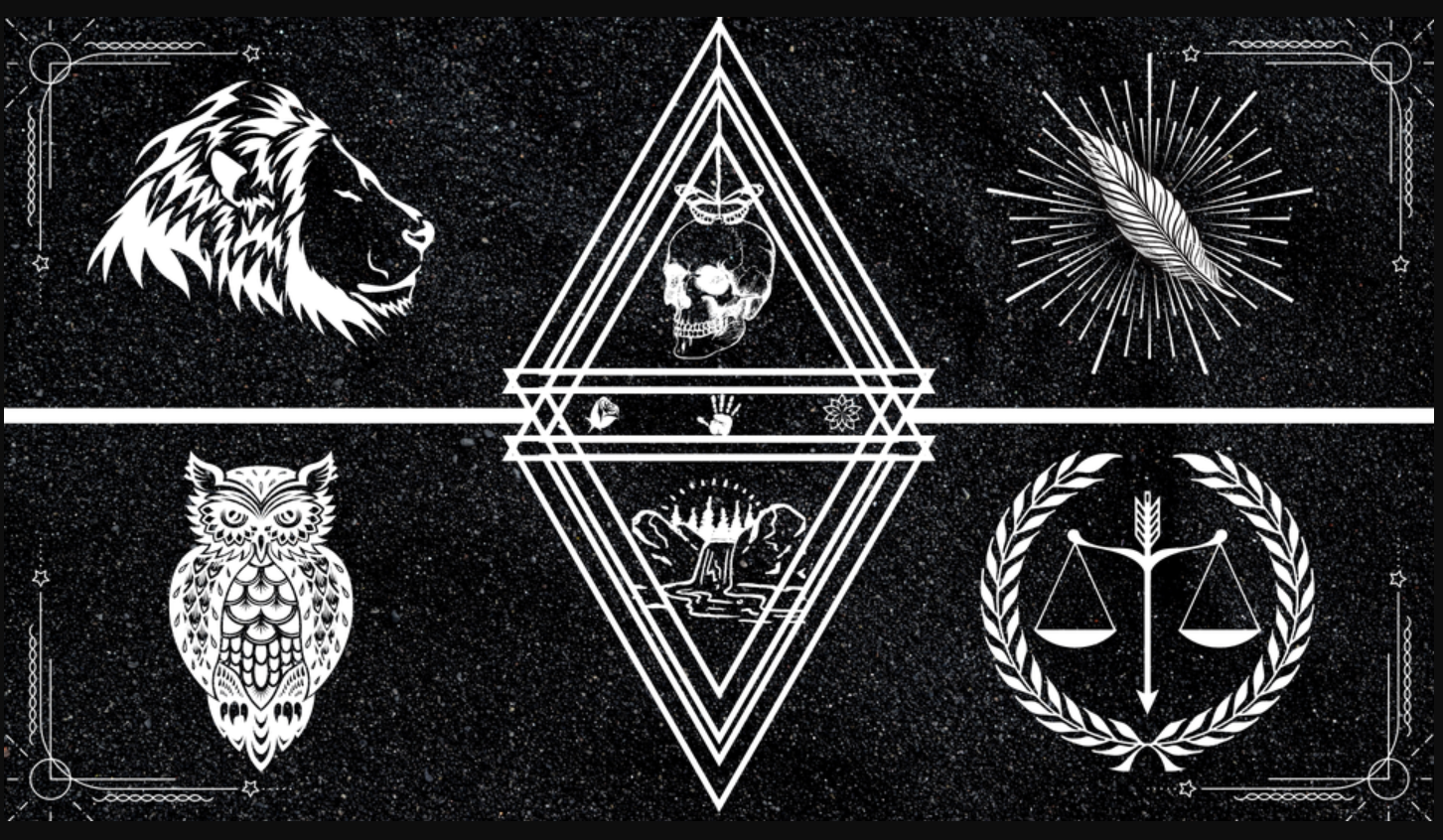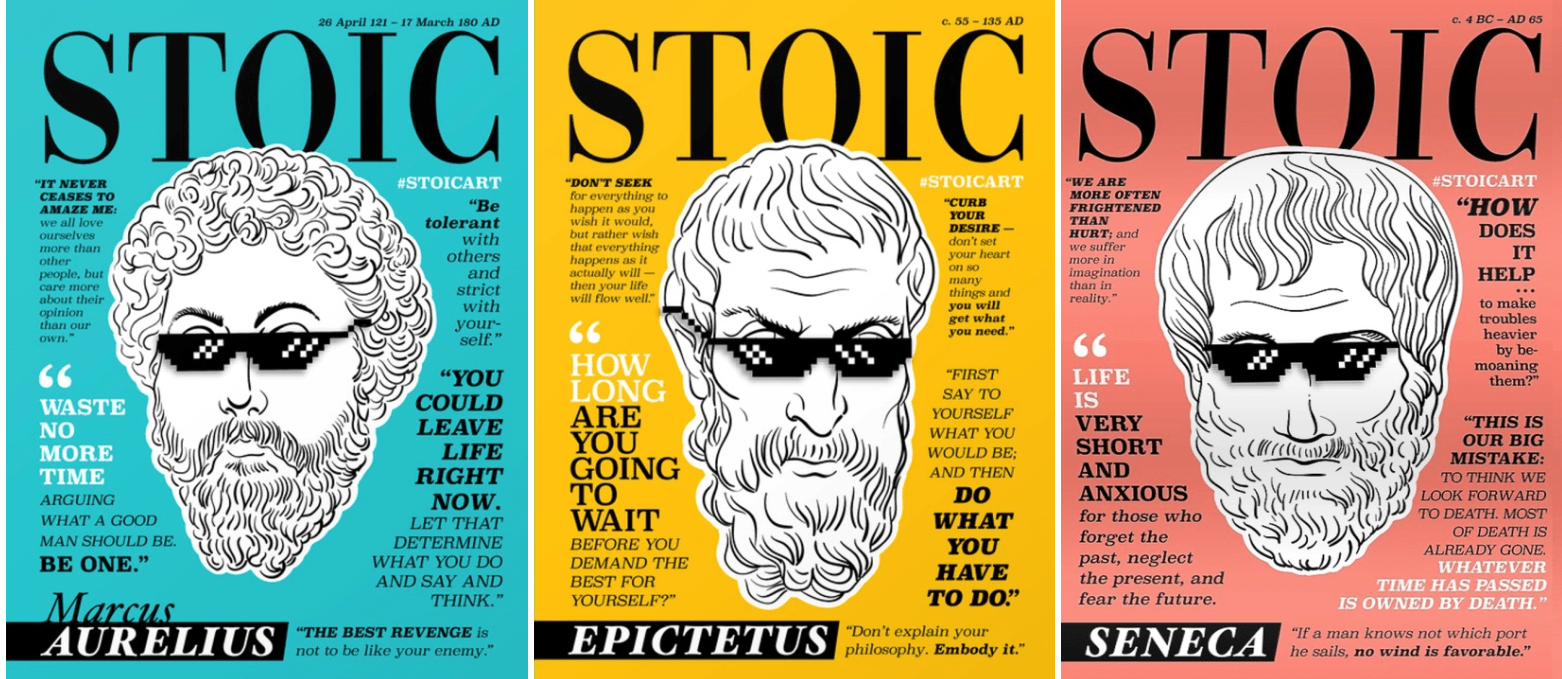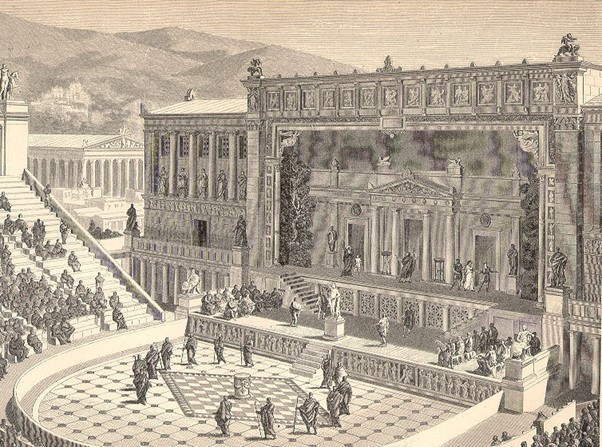By Anya Leonard Death does not concern us,” says the fourth century BC philosopher Epicurus, “because as long as we exist, death is not here. And when it does come, we no longer exist.” Well, that’s a little easier said than done. The reality is that on top of inevitably pushing up the daisies (life






